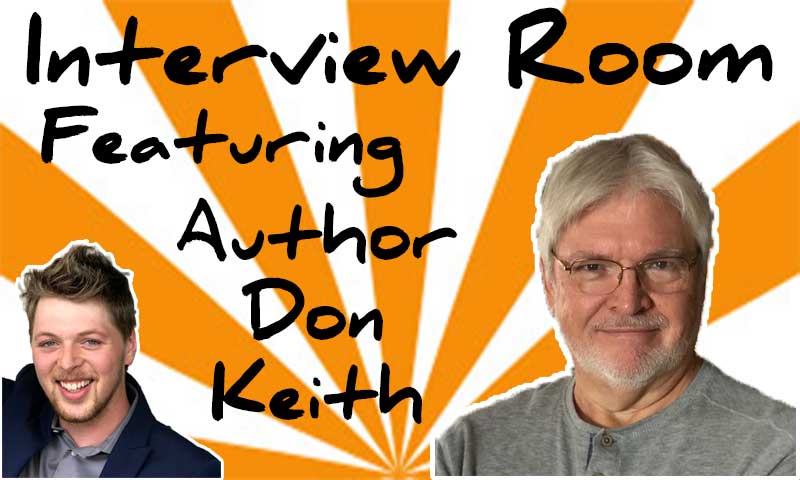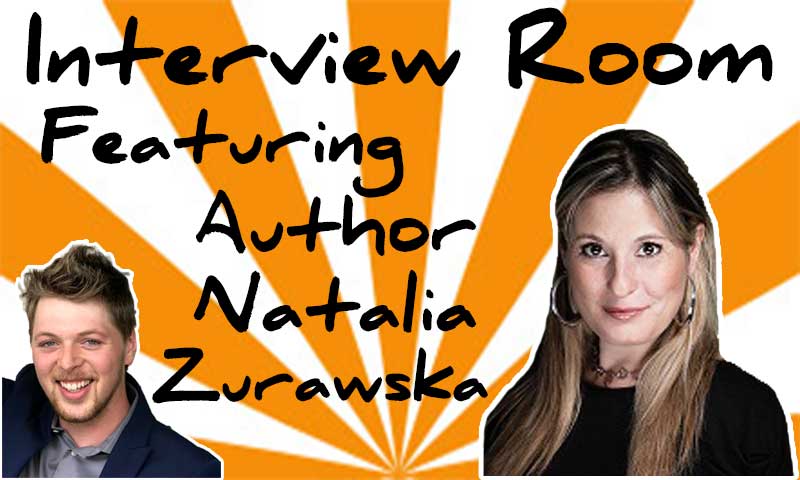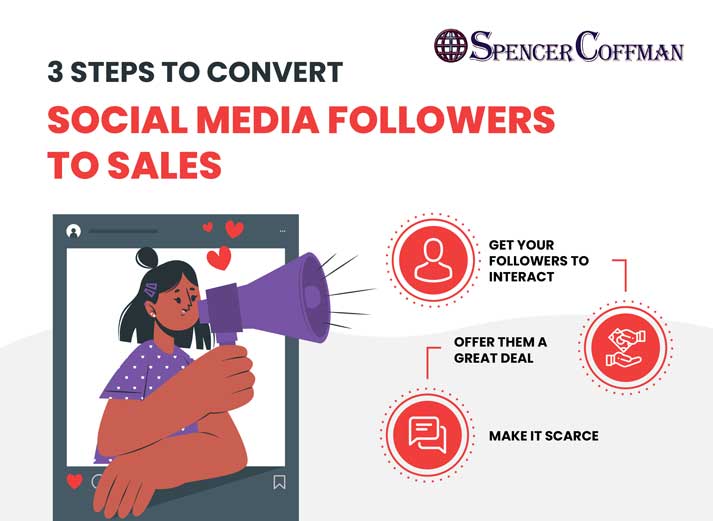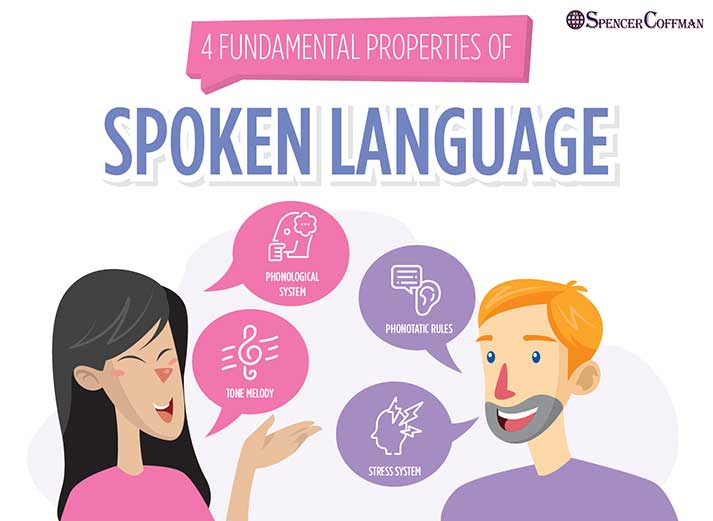Don is really an incredible person and I was very fortunate to be able to interview him. He receives tons of emails each and every day yet he promptly responded to my inquiry. Not only that, once I sent him the questions, he had them all answered within a day! Don knows the importance of telling a story and I believe that is one of the many forces that drives him to be an author.
Don’s answers to these interview questions will show you a lot about who he is as an author, a reader, and a person in general. I hope you’ll enjoy them as much as I did. I strongly encourage you to take a look at his website. You can also connect with him on Facebook and Twitter. He also has a great side project that he is working on. Find out what it is at the end of this interview!
Read More Author Interviews On My Blog
What prompted you to become an author?
I can’t remember when I didn’t want to tell stories. My parents say I used to stand up in a chair as a toddler and spin yarns that I made up. Maybe it is my Scotch/Irish heritage. My wife and I toured England, Wales, Ireland and Scotland recently and it was as if I could hear the storytellers like Burns, Joyce, and Wilde up on their chairs, spinning their yarns. That need to tell a story was in the water, the wind, the Guinness stout!
What are your five favorite books, and why?
That is like choosing my favorite children. I would have to list
To Kill a Mockingbird (by my fellow Alabamian, Harper Lee)





I love these books because they each fit my own definition of what makes a great story: average people placed in unusual circumstances who do remarkable things. Also, none of them follow a formula. They are each told employing unique voices and storytelling techniques.
Who are your five favorite authors?
Jon Irving, Kurt Vonnegut, Mark Twain, Frank Deford, and Anne Tyler.
Each of these amazingly talented writers has the ability to have me laughing out loud and then, a few paragraphs later, put tears into my eyes. Lord, they can/could turn a phrase! Create characters that I either want to get to know or already do. Tell me a story without allowing the “writing” to get in the way.
The late Frank Deford did several books but he was primarily a writer for SPORTS ILLUSTRATED. In one article I read about him after his death, the obit author said that Deford “hung bells” throughout every story he wrote. Then, at the end, he came back and rang every one of them. That is what I try to do in my own work.
What is your writing process?
Depending on whether it is fiction or non-fiction, there are a few differences in my writing process. But each book begins by being a good story idea I desperately want to share…again, average people placed in unusual situations who do remarkable things.
A non-fiction book starts with a proposal, which requires that I do most of the research before ever writing a word of the book. Then that proposal—typically fifty to sixty pages in length—is shopped to publishers by an agent. If nobody bites, and I still believe the book is worth it, I write the book, go indie, and publish it myself.
That was the case with “The Indestructible Man,” the remarkable story of Commodore Dixie Kiefer, one of the truly unsung heroes of World War II. Novels are typically written before ever being mentioned to potential publishers.
See The Indestructible Man By Don Keith Here

I write relatively quickly. Once I have a story and a cast of characters, I can’t wait to get it spun out. Then, as with non-fiction, I allow an agent to approach publishers. And again, if no one is interested or if the potential deal is not what I think the book/story is worth, I either wait and re-pitch later (because the needs of the publishing houses change regularly) or I publish it myself.
That was the case with “The Spin.” I was captivated by the story—a regular blue-collar guy hits a low point in his life, fears his dreams will never be fulfilled and decides to risk everything he has on one spin of the roulette wheel in Las Vegas.
As an indie novel, it has done moderately well, and the mail I get from people who are inspired by its central character and what he learns along the way to The Spin is absolutely wonderful. It is one thing that keeps me going as an indie author who is still published by the big guys as well.
That story needed to be told and then shared, even if the big guys didn’t understand it and its power.

What’s the story behind your first book?
It was the fourth novel I wrote. I was too dumb to give up. I had a potential literary agent who read the first three and kept telling me he couldn’t feed his family by trying to sell my stuff, but that there was writing talent there and he wouldn’t tell me to go pound sand.
Instead, he told me to continue writing and he would read whatever I sent him until he couldn’t anymore. He told me to keep trying and I would someday “find the hook.” When he received the fourth novel manuscript, he called me the next day and told me he could sell the book.
He did, to Robert Wyatt at St. Martin’s Press. That was “The Forever Season,” the story of a high school football player who loved to knock down quarterbacks and make them bleed but also wanted to learn more about romantic period poetry and Shakespeare at a major university.
The book won awards and is still in print after more than twenty years. And by the way, the third novel I had written that the agent didn’t like, after some serious reworking, became my second book to be published, again by St. Martin’s. That was “Wizard of the Wind,” and after it went out of print, I got my rights back and published it independently, where it continues to sell.
Read Wizard Of The Wind By Don Keith Today!

“The Spin” was my first indie novel. I don’t know if I would let it go to a traditional house today if they offered, but I would love to see that story get a wider readership because I think it could help many folks through rough patches and to not forsake their own dreams. Like mine, of being a published author!
Why did you become an indie author?
A bunch of reasons. In some cases, nobody in a rapidly changing publishing industry wanted to do the book I had written. Going indie was my only choice. In a couple of others, my books had run their course through traditional publishing houses and I wanted to keep them alive. In others, I simply felt I could better reach the readers who might most enjoy my works by doing it myself.
Four of my indie books are aimed at people involved in the hobby of amateur radio. No traditional publisher would do them because they assume the audience is not big enough to be profitable. I disagree and have proved it by selling a lot of books to those interested in this fascinating hobby. And while the math wouldn’t work for Random House or Penguin, they have been profitable for me.
From an economic standpoint, going indie makes sense in some cases. The advance that might be offered for “The Spin” would likely be little or nothing. Then I am not sure big publishers would understand the book or why it is important for potential readers to consume its powerful story and the book would get lost in the shuffle.
From a financial standpoint, I made money from the first copy sold and it has already inspired many people to persevere in search of their own dreams. Big publishers still don’t understand the economics of the eBook either.
They typically price them much too high when their risk—unless they have paid a very high advance—is very low. That high price, though, keeps many readers away from stories they would truly love.
Look At All The Books By Don Keith
Do you have any advice for other indie authors? If so, what is it?
Quit thinking about considering starting to begin to get ready to publish your book. If you are totally sure it is good enough to compete with all the other books out there, give it a chance to live. But look at yourself in the mirror.
Can you write? Is your book good enough? Is your story compelling and are your characters real and relatable? Can you promote it to enough people to give it a chance to find a readership? Are you willing to brag about yourself and your book? Are you willing to work as hard to expose your story to potential book buyers as you did to get it down as a book in the first place? Are you thick-skinned enough to keep going when somebody calls your baby ugly? Or when you check sales and there are none, zero, zilch?
Then you are a fool if you don’t dive in and join the fray.
What do your fans mean to you?
If you could only read my email! My goal has always been—including when I was an on-the-air radio broadcaster—to affect my audience/readership emotionally, to make them laugh or cry, to get depressed or emerge joyfully. And I have to do that with only a keyboard in a small room with no contact with other people while I work. Same as when I was on the air with nothing but a microphone and a couple of record turntables in a cramped little studio.
And once I send it out there, there is no taking it back. But man! When I get a note that I did emotionally affect someone, or that I allowed them to know what their relative experienced in a submarine in the Pacific in 1943 that was so horrible that he never would talk about it, then I know I have accomplished what I set out to do.
Take A Look At Firing Point Here

What is your best, most effective, book marketing tactic?
Obviously, use every social media tool available. But don’t just post stuff about your book. Give followers other reasons to follow you. Give them helpful information that keeps them on the list so they are there and will accept the occasional obvious self-promotion pieces. Email addresses are gold. Collect them with a vengeance.
But again, don’t abuse the privilege. Categorize them so you only send them updates that they might actually be interested in. And honor the request when they say, “Stop!”
What do you do when you aren’t working on books?
I try to read. Writing good books is begat by reading good books. I am also active as an amateur radio operator, which is another very pleasant way of communicating with lots of interesting and active people. But, truth be told, there is precious little time when I am not writing books, doing articles for various magazines and websites, crafting screenplays, conducting writing and publishing workshops, or promoting books.
Why oh why are there only 24 hours in a day? So many stories to share and so little time. And I literally get a half dozen story ideas a day.
It’s a curse, I tell you!

I want to thank Don for taking the time to answer these questions. In addition, I want to thank you guys for reading them. Sharing things with fans means the world to authors. Like Don said, we derive great joy when hearing how we have impacted someone’s life. Therefore, keep contacting authors and letting them know how you appreciate what they do. Take the time to write some nice reviews for them every once in a while. I can guarantee they will really appreciate it.
You can connect with Don Keith on his website or social media profiles listed below. You can also check out his books. They are available on many online retailers. In addition, consider following him on Amazon, connecting with him on Facebook, and following him on Twitter. In addition, He’s started project that is dedicated to preserving history called Untold Millions.
He encourages people to publish their amazing life stories through indie methods like Create Space, Kindle Direct Publishing, Smashwords, Draft2Digital, et cetera. As a nation, we bury untold millions of stories every day.
People who fought in our great wars, lived through the great depression, marched in civil rights movements, sent men to the moon, invented smartphones and computers, and more! We must capture this eyewitness history and preserve it for scholars, teachers, researcher, and future generations.
Don’t let this history die. Join Don, and the many other people out there dedicated to finding and preserving these great untold stories.
For more great information take a look at the supplemental content on this website and check out these great blog posts. In addition, feel free to connect with me on social media.





